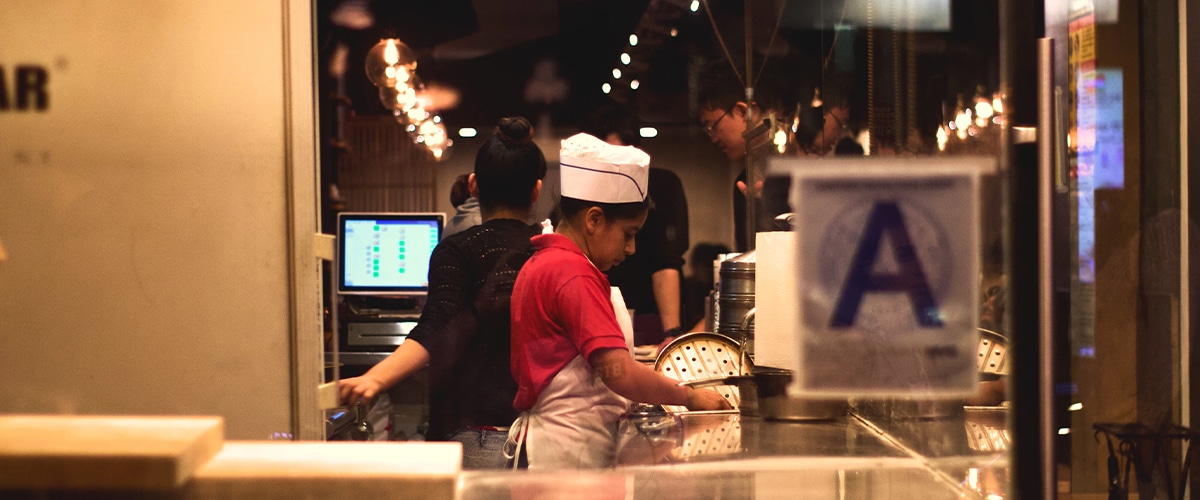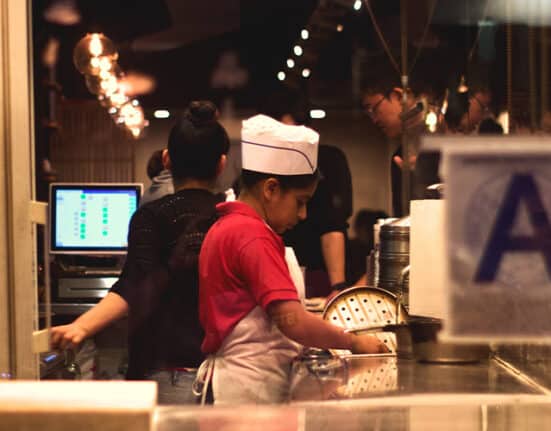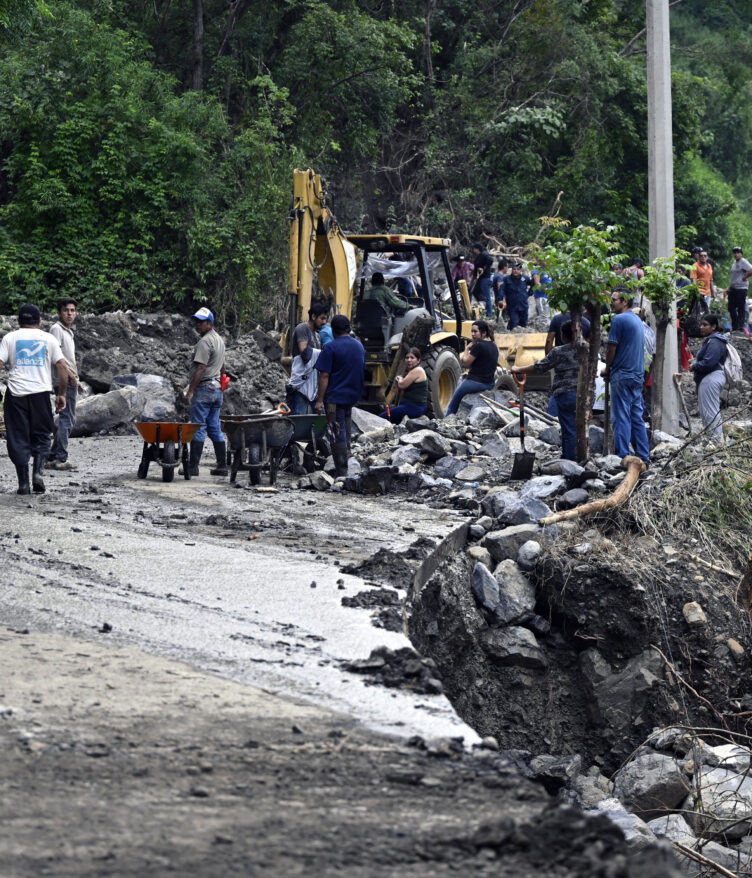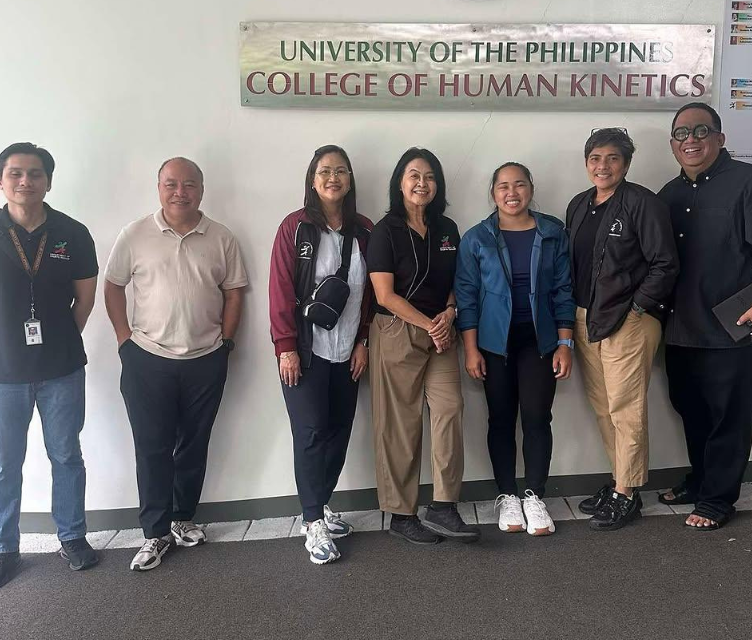LABOR DAY, observed on May 1st, has long served as a day to commemorate workers’ struggles and hard work in the pursuit of dignity, fairness, and security in an ever-changing work environment.
Every year on this day, the Philippines joins the rest of the world in commemorating the sacrifices made by workers who battled for fair working conditions. In 2025, this day will take on new significance.
As Generation Z emerges as a dominating force in the country’s workforce, their beliefs, upbringing, expectations, and life goals are gradually altering the entire system of a workplace.
It is also evident that Gen Z’s vision for work is to challenge existing norms, demand systemic change, and lay out a bold blueprint for what the workplace must become in the next coming years.
What’s Labor Day For You?
While Labor Day is observed annually in the country, some people are still unsure of its deeper meaning. Ian Capati, a 24-year-old News Analyst, believes it is more than simply another holiday.
“For me, Labor Day is a day to honor the dignity of work and the workers behind every aspect of society. From the farmers and factory workers to public and private employees and freelancers,” Capati said.
“It’s a reminder that the comfort, convenience, and economy we enjoy today are built on the backs of millions who give their time, energy, and talent every single day. May 1 is not just a holiday.”
“It’s a symbol of the long and ongoing struggle for fair wages, safe working conditions, and basic human rights in the workplace. It’s a day to recognize that labor is not just about earning money, but a vocation, deserving of justice and dignity,” he added.

Chelsea Sioco, a proud labor rights advocate, shares Capati’s thoughts. For her, today is a day to not only recognize these workers’ existence, but also to help them improve their lives.
“Yung labor day kase is not just about giving holiday sa mga workers or recognizing them, but also remembering na meron pa ring mga karapatan na need pa naten ipaglaban para sa lahat,” Sioco said.
“Meron pa ring nakakaranas ng mga injustices and inequalities sa workforce and we need to amplify our voices for that. Kase lahat tayo ay kumukuha ng pambuhay sa pamilya naten dahil sa trabaho.”
“Ang kahirapan ay malulutasan kung may sapat na trabaho para sa lahat. At sana ‘yung mga trabaho na meron tayo ay significantly and relevantly nakakatulong sa development sa economy ng country,“ she added.
Our Turn Now
Gen Zs were raised surrounded by working adults. They frequently hear stories about how toxic a workplace can be, the level of resilience required to stay in an environment, and the effort required to be successful.
Now, this generation is gradually dominating the workforce and has direct experience of the things they normally hear about before, and that they are no longer just happy-go-lucky teenagers having fun in life.
“Isa yan sa mga pinagdadaanan ‘ko lately, na I’m slowly realizing the changes sa lifestyle ‘ko lalo na nagwowork na ‘ko. Parang everything is getting really serious na,” the 23-year-old Sioco told republicasia.
“Hindi siya tulad nung estudyante ka pa lang na ang obligasyon mo lang talaga is to gain experiences and knowledge in the university. Ngayon, sobrang lawak na ng mundo mo and medyo nakaka-anxious siya kasi ‘di mo alam what will happen tomorrow.”

“Totoo ‘yung sinasabi ng older generation na “Pag nag-aaral ka, gusto mo magtrabaho. Pero kapag nagtratrabaho ka, gusto mo na lang ulit mag-aral”,” she went on to say, sharing some of her realizations.
While it may seem daunting to fogure out some of the things that these Gen Zs are now adjusting to, SBTown’s Video Content Producer says that she is enjoying the experience.
“Sobrang nakakapanibago pero fun rin, kasi nagsta-start ka na to discover yourself and ano ‘yung fulfillment na mabibigay mo sa sarili mo through career. Nakakapagod siya sa una, syempre, pero I got used to it na lang,” she said.
“Minsan humihingi na rin ako advice sa older generation, like sa parents ko, kung paano mag-cope with stuff while working kase malawak na nga yung mundo and I meet different kinds of people,” Sioco added.
What To Do?
Meanwhile, given the premise that these Gen Zs are being challenged to transform the workplace, Sioco believes there is a lot to work with, given how companies rarely celebrate their dedicated employees.
“Mahalaga sa isang workplace ay supportive and productive ang environment, may proper compensation, provided ang benefits, and management na open to new possibilities lalo na’t nage-evolve ang needs and demands ng society,” Sioco said.
“As someone na nagwo-work sa creative industry, sana may proper compensation ‘yung efforts ng mga employees. Minsan kasi sa line of work namin, need talaga magdouble ng efforts to reach the audience.”
“Sana rin maiwasan na yung exploitation of skills kase it could cause burnout sa employees. Sana people can be more sensitive and open din to ideas of their co-employees para mas productive ‘yung work,” she added.
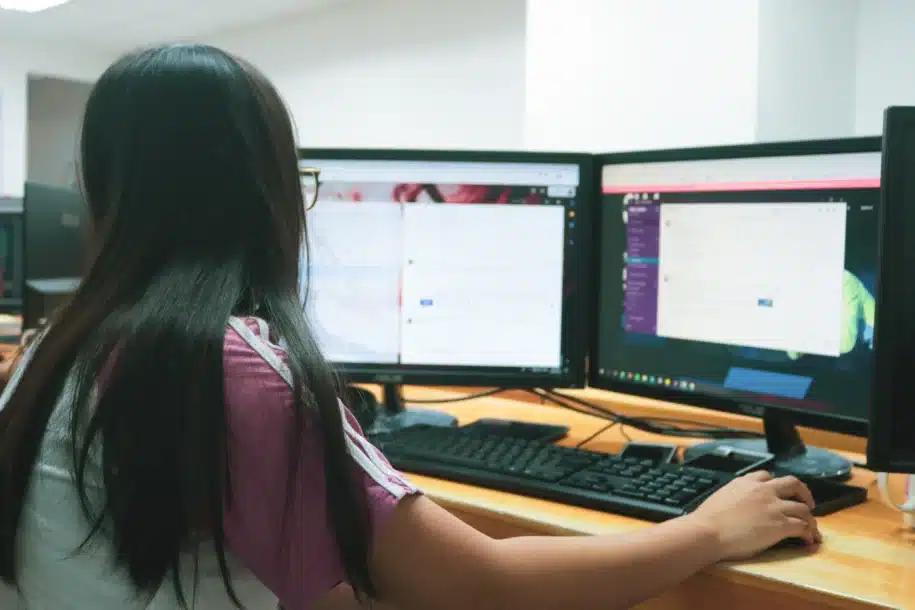
Aside from those elements, which Capati also identified as things that need to be changed in the country’s workforce, he believes that there are other intangibles that must be addressed first.
“The job environment itself can be overly hierarchical and resistant, especially to new ideas. Many Gen Z workers really want to contribute creatively, challenge old systems, and have a voice. Sadly in some workplaces, age or title still determine value,” he said.
“But I hope to see more progressive work cultures. More emphasis on mental health, flexible hours, and a stronger work-life balance. We want to work hard, but we also want to live well,” he added.
Keep Progressing
As Gen Zs who have already experienced the highs and lows of entering the workforce, Capati left a short but profound message for the next batch of Gen Zs who are about to graduate and enter the real world.
“Please don’t be afraid to start small, but don’t think small. Your first job may not be your dream job, but it’s a stepping stone, not a sentence. Be humble enough to learn everything you can, and confident enough to know your worth,” Capati said.
“Work hard, but don’t lose yourself trying to “prove” you belong. You already do. And one more thing, build good relationships. Skills will get you hired, but character and connections will open doors you didn’t even know existed,” he added.
Sioco left the identical message for these Gen Zs, demonstrating that these Gen Zs think similarly. The only difference is that she required that future workers find a career that they enjoy.
“Your first work must be something that you really like, but i-coconsider niyo pa rin ‘yung pay of course. Pero sana mapuntahan niyo ‘yung work na masaya kayo gawin,” Sioco advised.
“Mahirap kasi na mataas nga ‘yung sweldo pero hindi mo gusto ginagawa mo. It can damage your mental health. So make sure na fulfilled kayo and wag kayo ma-pressure, kase unang work niyo is for gaining experience.”
“Mahalaga na ‘yung work na nagproprovide for your needs is something that you enjoy doing and nae-enjoy mo rin magwork with the people na kasama mo. There are a lot of things to experience. Explore the world but know your worth,” she went on to say.
In honoring the labor of the past, we must also listen to those of the present—and the future. Gen Z is not only transforming the workplace; they are redefining the fundamental concept of work in the Philippines.
This Labor Day, their vision for a better working environment is clear: work should be meaningful, inclusive, flexible, equitable, and sustainable.
How useful was this post?
Click on a star to rate it!
Average rating 0 / 5. Vote count: 0
No votes so far! Be the first to rate this post.
We are sorry that this post was not useful for you!
Let us improve this post!
Tell us how we can improve this post?

